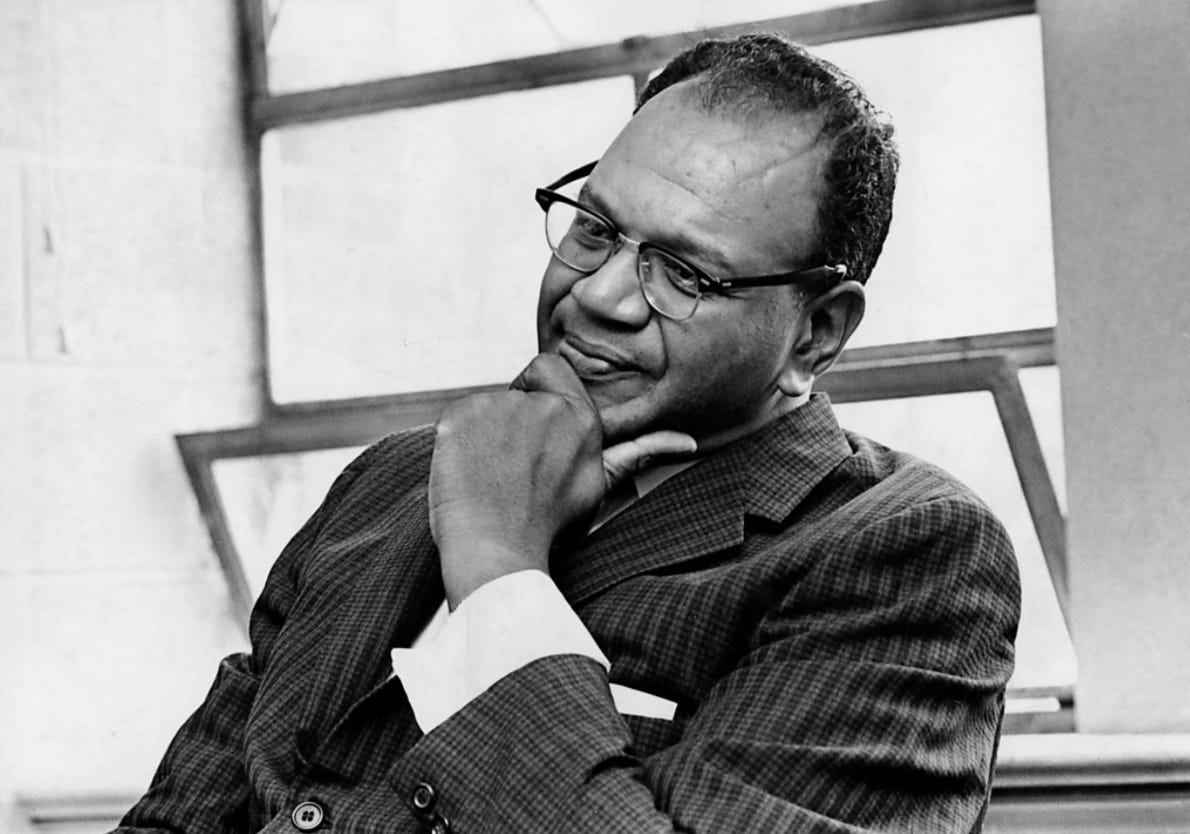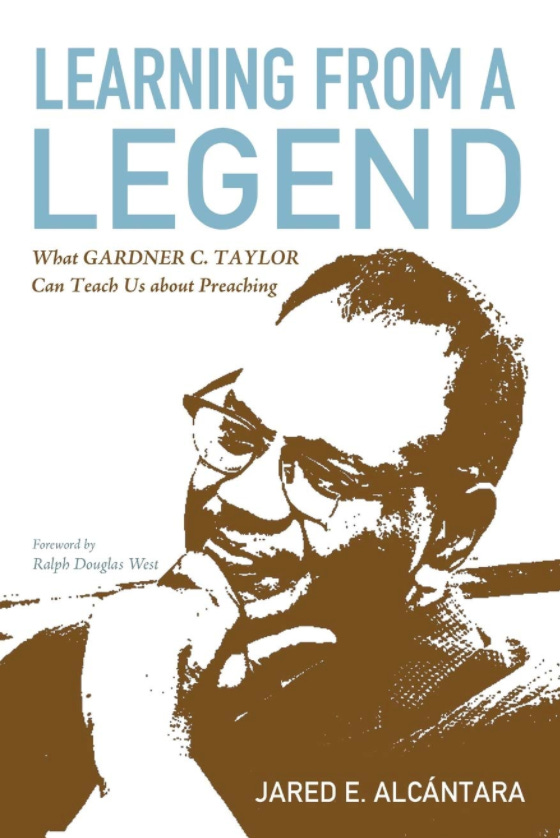When the Pastor Has a Limp
Here are some basics about Gardner Taylor: he was born in Louisiana, son of a Baptist pastor and a school teaching mother, but he became famous during a 41-year pastorate at Concord Baptist Church in Brooklyn. He was a model of balancing redemptive gospel and social justice activism. Every person I have asked about his preaching has said the same: exemplary. This is why we begin today with a series on Jared Alcántara’s book, Learning from a Legend, a study of six themes in this African American pastor’s preaching and ministry. (I apologize as I now see that I slated this to begin last Friday. That got lost in my memory so today is our first, and these posts will be open to all.)
His first theme is pain.
One of Alcántara’s questions will be ours: What wounds or scars do you carry as part of your story that when shared appropriately will allow your congregation to experience authenticity?
Those who preach to God’s people on a regular basis understand that pain has a way of finding them. Much of the weight the preacher carries is in isolation from others, sometimes out of choice and other times out of necessity. On Sun-day mornings, no one is aware that the pastor wept last night over a wayward teenage daughter or son. No one sees the battle scars from political infighting behind the scenes. No one recognizes that underneath it all, at first glance the old habits of the sinful nature make the pastor feel woefully unqualified or (if the pastor is conceited) overqualified. Add to these the “burdensome joy of preaching,” as James Earl Massey calls it, and it feels impossible to carry such a load. What makes the load even more challenging is the tendency of Sundays to come upon us with an unyielding regularity, as if Sundays come every three days instead of every seven.
Alcántara observes that preaching about pain is a whole lot easier than preaching the middle of pain. Haddon Robinson uses the expression of preaching with a limp.
Black pastors know troubles and pains: segregation, legal injustices, bias and prejudice formed in racism and racist-shaped societies, economic disparities, the history of slavery, under-resourced schools and churches. Plus the “common” heartaches of life, like tragic car accidents and a church building burning.
The dark tunnel was long for Taylor: losing a parent in his teenage years, a near-death experience, racial discrimination, Concord Baptist burning down, jail time during the civil rights era, the sudden death of his first wife, and the physical assault of his second. Most of these traumatic and painful events were completely out of Taylor’s control save choosing to serve jail time during the civil rights era. Yet, somehow he found a way to move forward, to preach “hurt” week in and week out for close to eight decades.
So what can we learn from Gardner Taylor’s pain?
First, pain helps preachers move toward greater authenticity and authority. Acknowledging can be hard; avoiding it leads to a non transparent life. “Somewhere,” Taylor said, “in the wounds of the hands also resided the power to open the book.”
Second, pain helps preachers build bridges into other people’s lives. Access to others often comes through acknowledgement of pain.
Third, preachers who’ve gone through pain or are going through pain can still preach with power. Until something has cut into the fabric of one’s life does one gain the authentic power of the gospel in preaching.
In a different sermon, he makes a similar point when he quotes from a Henrik Ibsen play: ‘Who taught you to sing?’ And the answer comes back, ‘Sorrow taught me to sing.’ ‘Who taught you to pray?’ ‘Trouble taught me to pray.’ ‘Who put you on your knees?’ When the world knocked me down, there was nowhere else to go except to my knees.’’
Alcántara concludes:
In Scripture, there is no rainbow without a flood,
no burning bush without the desert,
no exodus without bondage,
no return without exile,
no birth of Jesus without childbirth,
and no Resurrection Sunday without Good Friday.




The old KJV translated what God gave some of the Minor Prophets as a “burden.” Newer translations refer to it as an “oracle.” I’ll leave the lexical issues to the pros, but preaching always carries a burden with it - as does all pastoral ministry.
My congregation would testify to this about my preaching after the loss of our 18 month old son in April 2007. There was a poignancy and urgency that wasn't there prior to that and could only come through grief, struggle, and pain. They would say things like, "When you preach on God's sovereignty or God's goodness or on living life in this broken world, we know you are pointing us to a reality of Jesus that you have actually experienced."